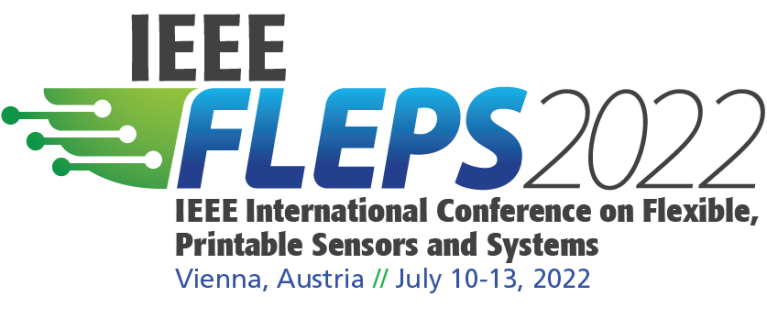
Presenter Bio
Dr. Suresh K. Sitaraman is a Regents’ Professor and a Morris M. Bryan, Jr. endowed Professor in the George W. Woodruff School of Mechanical Engineering at the Georgia Institute of Technology (Georgia Tech). Dr. Sitaraman is the Lead Faculty for NextFlex at Georgia Tech, and also directs the Computer-Aided Simulation of Packaging Reliability (CASPaR) Lab. His expertise is in the areas of micro- and nano-scale structure fabrication, testing and characterization and physics-based modeling and reliable design, as applied to flexible and rigid microsystems. Prior to joining Georgia Tech in 1995, Dr. Sitaraman was with IBM Corp. Dr. Sitaraman has co-authored more than 330 journal and conference publications over the past few years. He has managed several research and development projects funded by US federal agencies, industry, and other sources totaling millions of dollars, and has mentored a vast array of post-doctoral fellows as well as doctoral, master’s, bachelor’s, and high-school students.
Dr. Sitaraman’s work has been recognized through several awards and honors. Among them, he has received the Zeigler Outstanding Educator Award from Georgia Tech/Mechanical Engineering in 2019, the NextFlex Fellow recognition in 2018, the Outstanding Achievement in Research Program Development Award (Team Leader) from Georgia Tech in 2017, the ASME/EPPD (Electronic and Photonic Packaging Division) Applied Mechanics Award in 2012 and the Thomas French Achievement Award from the Department of Mechanical and Aerospace Engineering, The Ohio State University in 2012. Dr. Sitaraman has received the Sustained Research Award from Georgia Tech – Sigma Xi in 2008 and the Outstanding Faculty Leadership Award for the Development of Graduate Research Assistants, Georgia Tech in 2006. His co-authored papers have won the Commendable Paper Award from IEEE Transactions on Advanced Packaging in 2004 and the Best Paper Award from IEEE Transactions on Components and Packaging Technologies in 2001 and 2000. Dr. Sitaraman has also received the Metro-Atlanta Engineer of the Year in Education Award in 1999 and the NSF-CAREER Award in 1997. Dr. Sitaraman serves as an Associate Editor for IEEE Transactions on Components, Packaging, and Manufacturing Technology. Dr. Sitaraman is an ASME Fellow
Abstract: Reliability Assessment of Flexible Wearable Electronics
In this presentation, I will discuss some of the uniaxial and multi-axial stretch and bend test techniques that are under development in our lab. I will present how these test techniques with their in-situ measurement capabilities can be adapted to complex surfaces associated with, for example, human body, aerospace and automotive structures, food and pharmaceutical items, energy harvesting and storage elements, entertainment and communication devices, and other internet-of-things. I will discuss how failure mechanisms and limiting strains change when printed conductors are subjected to multiaxial stretching compared to uniaxial stretching. Using computational models and failure analyses, I will provide insight into the underlying failure mechanisms in these test techniques. I will conclude the talk by providing specific case studies for flexible and wearable electronics where innovative characterization techniques and new test protocols are necessary.




